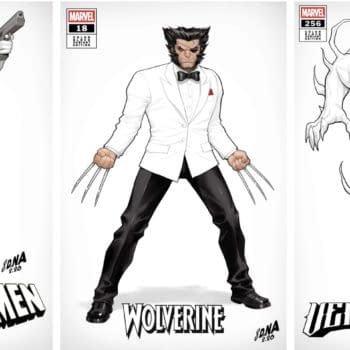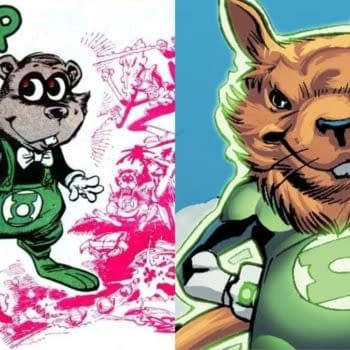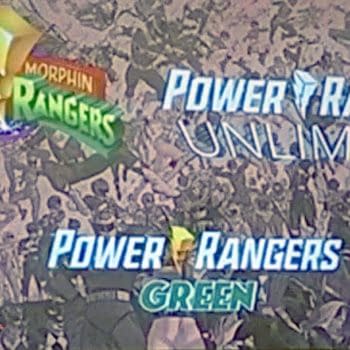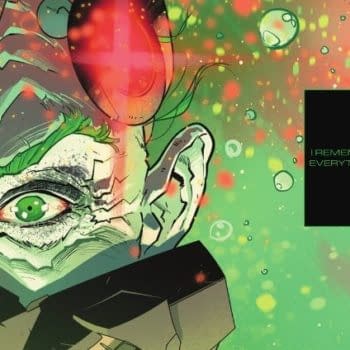Posted in: Comics, Image | Tagged: Brilliant Diamond, Comics, coronavirus comics, diamond, spawn, todd mcfarlane
How Todd McFarlane Would Save Comics and Deal With Diamond
Todd McFarlane has a plan to save the comic book industry during its current crisis, as well as looking at how to deal with Diamond in the future.
To accompany the news that Image Comics co-founder and CFO Todd McFarlane is launching a Kickstarter to fund new toys and comics – or new versions of old toys and comics – he has been conducting a number of interviews. That included with Forbes, who also asked him about the current state of the comics industry. Todd had plenty of thoughts and ideas to share, stating that "we have to do something." He points out that "if you give your customer a chance to break their habit, they might not come back."
This Kickstarter is part of his plan to engage with customers and readers. He fears for what the current publishing and distribution pause may mean for the industry. "Will people be more conservative about spending? Will they decide they can live without for three or four months, so maybe they don't need to spend their money them? Or some people have money and want to buy new stuff, but the stores are out of business?"

If Todd McFarlane was in charge
McFarlane states that the industry needs to speak with one consistent voice right now, so as not to confuse retailers or readers. If he was in charge, he lays out what his plan would be. "At the very least, I'd say that, surely amongst the leaders, we can throw in 10 new comics for free as digital downloads. Top titles, the ones people really want to read. We can afford it. It doesn't necessarily help the retailers but we can't allow customers to lose that exercise of being geeks, of getting their regular dose to keep their geekiness going with comics instead of moving on to some other thing like streaming video or gaming… People say, "Do they have to be free? Couldn't they be 99 cents?" And for me, the answer is yes, free. We've done ok. We can afford to give something back. Then, once this is over, we can do 3-5 events to give people a reason back into stores. Maybe we can coordinate the timing for once, so each company gets a turn in the spotlight. Maybe do some cross company stuff, to make it sexy. Maybe the industry will be diminished; it depends how long it goes. It's unknown. But whatever is left is the new norm. We'll need to adjust and work from there."
Todd McFarlane addresses retailer concerns
As to concern from retailers about comic books being published digitally that they are unable to sell in print, McFarlane disagrees entirely. "I don't agree. Doing nothing can't be the answer. If we all stand still and hold our breath, how does that improve what we're doing now? If I put Spawn out digitally for free or at discount for a few months, does that mean customers won't buy those issues at retail? Maybe not. But I say to the stores, don't worry about getting issues 307, 308, 309 that come out when you're closed and can't get printed copies anyway. Fans will come back for #310 when things reopen. They'll come back for Batman or whatever they're reading. Who cares about the number? It's a comic you're selling at the same price. Who cares if people get it a different way in the meantime?"
If Diamond wasn't a monopoly
He also sees a lesson for the comics industry to learn going forward. "We have one distributor for print comics, and they decided for safety reasons to cease operations. Because we're all tied to one person, that one decision affects the whole industry. It was probably was the right decision, but it's not healthy in the long run for one person to hold the fate of the entire industry. We should be doing a reassessment when we all come out on the other side and ask some hard questions about how to buffer ourselves from this happening again." It is notable that Diamond Comic Distributors cemented its monopoly on the comics market when Image Comics signed an exclusive deal with Diamond rather than its only viable distribution rival, Capital City Distribution. That decision may have been over twenty years ago, but repercussions are being felt even now.











